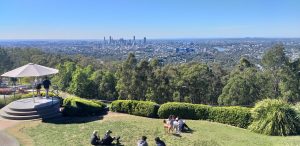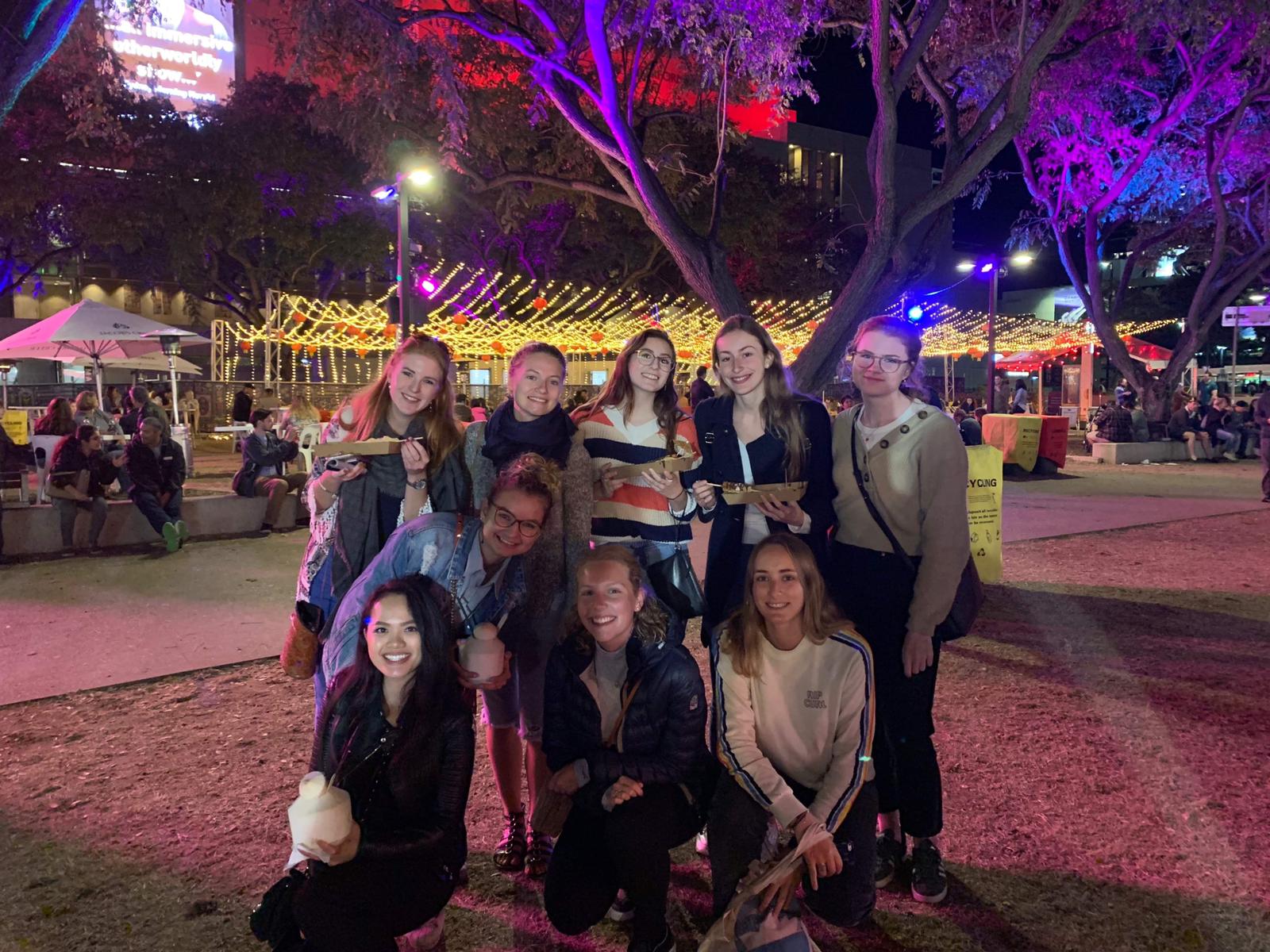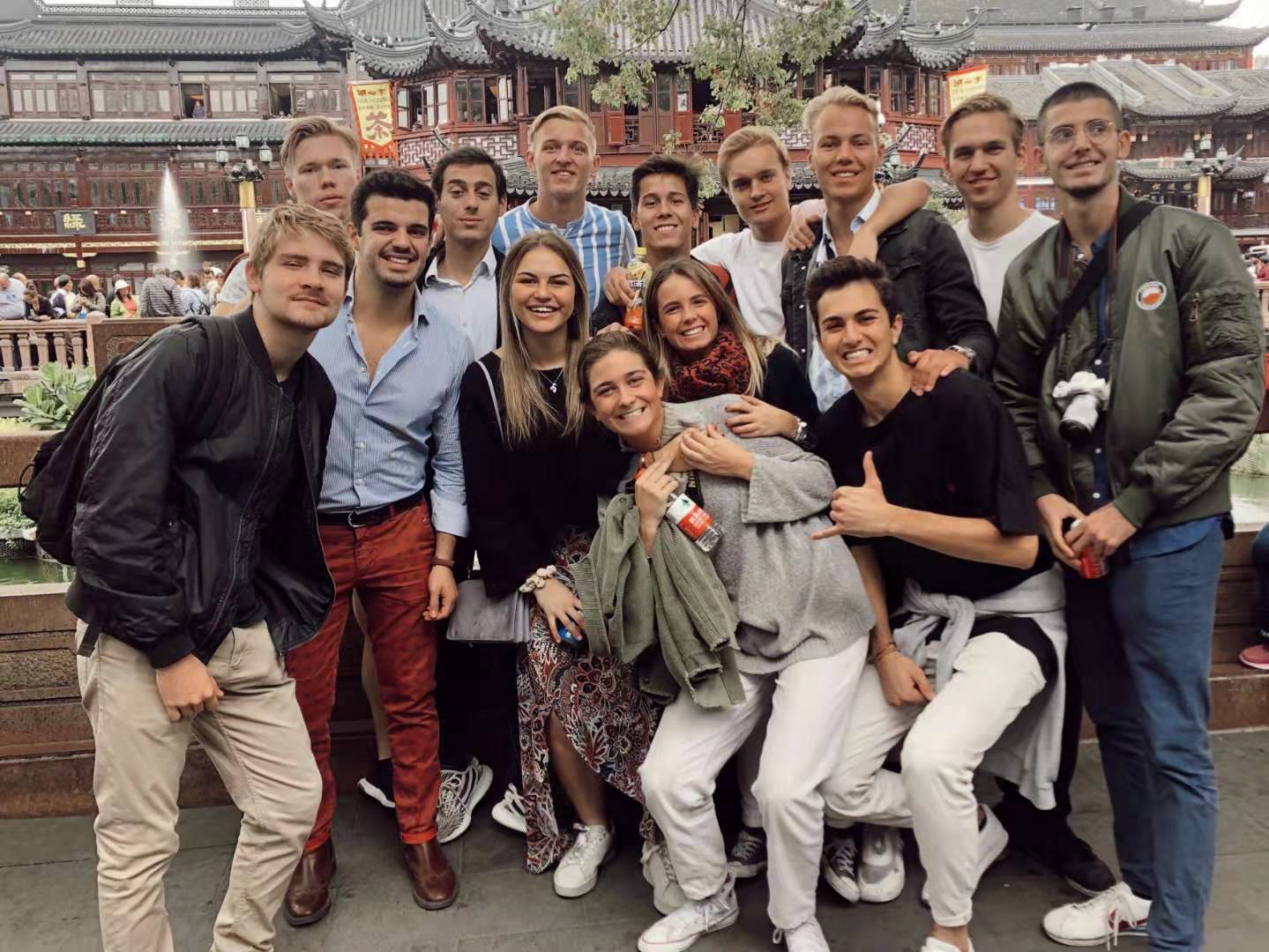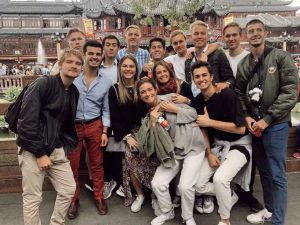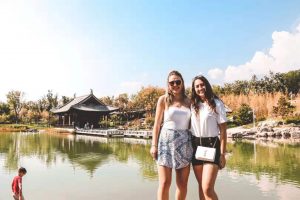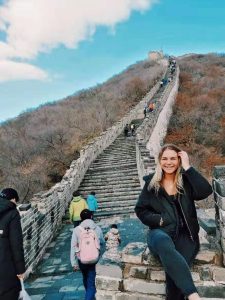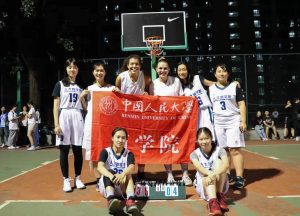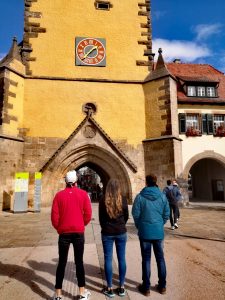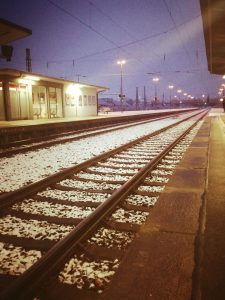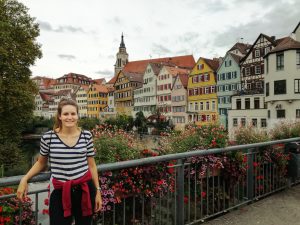Pre-Departure
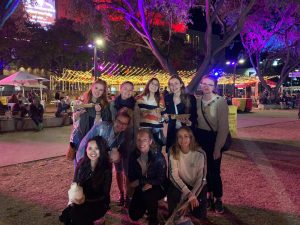
An exchange semester in Brisbane, Australia? I don’t even know how to express what an amazing experience this was. From the host university, to the travels, the people and even the studies…. I really believe that this should be on everyone’s bucket list.
Firstly, I decided on Australia based on the fact that they speak English and I really believed that this would help me to make local friends and connections that I feel would have been more difficult in other countries. Also, take a look at BRISBANE, the city as a destination is probably one of the most picturesque places I could ever imagine. Another big factor that I considered when choosing QUT, in particular, was that they offered a really cool opportunity called “WIL” (Work Integrated Learning). This is an opportunity to work in a company as an intern in place of an academic/ theoretical module. I really saw the value in this as getting work experience behind your name, especially as a South African, is very difficult – and wow, it really was one of the experiences where I’ve learned the most and can highly recommend it to everybody!
Other than that, going abroad was my first time on an international airplane – quite a big jump for someone who has never traveled internationally, to moving completely to live abroad for 6 months. But it really taught me so much about the world and all the admin involved in traveling. Having said that, here are some of my top tips in terms of preparing for your adventure.
- Start early with the visa application. Australia’s visa processes are all done online and you get no physical stamp in your passport. However, make sure that you have all your documents ready before applying. You will also need to see a doctor in Cape Town to do a health check on you and a TB scan – the tricky part about this is that there are only about 3 doctors in South Africa who can sign off on those requirements for you. That’s why I emphasize that you apply early because there is normally a long waiting list to get an appointment and you also need to consider the drive to Cape Town into your planning.
- Pack light, I would suggest only one warm jacket and a few pullovers, Australia is such a warm country and unlike our European exchange friends, the temperature never drops below 22 between August and December. Brisbane in particular is very hot in the summer. I also noticed that Brisbane is more of a trendy and on-the-go city. So, leave your plakkies and shorts for the beach. Smart casual is the in-thing on that side of the world.
- Check out different flights when booking your round trip. A return trip to Australia for my dates was around 25k at the time, but I decided to play around by booking a trip to Thailand on my way to Aus and then stopping over in Munich on my way home – I stayed with other international business students who were doing there exchanges there and all those flights together worked out cheaper than a one way to Australia. Try to find a loophole in the system – there are some good deals.
Experience at the host university
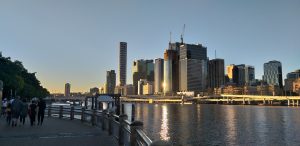
I don’t think you will ever meet a person who was more passionate about this exchange than me. I absolutely LOVED everything about Brisbane from the moment I stepped off the plane. The people of the city are so lovely, the city is so neat and beautiful, and everything is so safe and works really well together.
For my first month, just to settle in, I stayed at a home stay. This can be arranged through the QUT International Student support office. They link you with families that suit your needs and then you can choose which one you would like to go to. It is a bit pricey at 2500 a week, but food and everything is included – you just basically fall into their family. This was a lovely experience for me to see how a typical Australian family lives and to adapt into their culture. They also took me out on weekends and showed me around Brisbane. I got the opportunity to go watch the kids play sport at school in the evenings and never had to worry about preparing my own dinner – this was lovely and I believed it really helped me settle quite easily into the new life. It was also great coming home and not being alone.
Furthermore, the academic program at QUT offers a special Work Integrated Learning unit that gave me the opportunity to undergo an internship at an international company as part of my course. I highly recommend this as it was one of my most valuable experiences in learning how the corporate world operates.
Overall, I will say that the workload at QUT, for my chosen units, was much less than at SU and definitely more research and project based. Classes are also two hours compared to the 50-minute lectures at SU. However, the lecturers are really engaging, and I was able to build personal network relationships with all my lecturers. They also provide so many opportunities for post study jobs and are very involved in keeping you connected with industry partners – very different to the mainly theoretical components of studies at SU.
QUT further offers amazing networking events and opportunities to link with industry professionals. I found these events so valuable in building a network of people to contact in the future.
Beyond studies, Brisbane is a beautiful and sunny city with so much to offer. It is possible to walk to most places, otherwise the public transport will definitely get you there.
Unfortunately, eating out, excursions and accommodation are not small expenses, especially in Brisbane. The city has a very vibey, and business orientated core with an upmarket and classy lifestyle. Along with this come classy prices too. Australia is not the country for budget living – so be warned. However, I felt that the amount I received from SU was enough to cover all these costs and along with my part time waitressing job, I was able to do all the travelling that I wanted. Another thing – getting a job in Aus is much easier than back home. Minimum wage is also over R200 per hour, which turned out to be enough to keep me up and running very comfortably. So if you are worried about finances, I definitely recommend that a part time job.
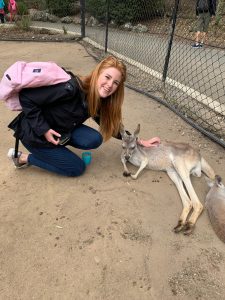
Return to SA
After falling completely in love with Brisbane and all the city had to offer, it was quite a hard hit coming home to SA. It was definitely an adjustment coming from a country where everything works together so well, everything is safe and where things to do are abundant and exciting to come home and the first thing I noticed was the lack of service and slow pace of things at JHB International airport. However, home still has a special place in my heart and no matter how much goes wrong in our country – we all have each other, together in the struggle and I think that in some way shapes us all to be go-getters and plan-makers. My world has definitely been opened to see that there is so much more out there beyond what we know and the ease of life where an economy is thriving, is definitely noticeable.
This has inspired me to look beyond SA for future endeavors, but to also link my experiences with the 1st world and see how we can make changes in SA from a business perspective. I have also learned to appreciate SA more after so many of my international friends have said that SA is on top of their bucket list – how cool that our country is a destination of choice for people around the world!!!! My goals for coming back are now focused around seeing and experiencing South Africa in the eyes of an “exchange student” and to know that even though it may only be a temporary return, SA is beautiful too.
My biggest struggle in the adjusting back phase was missing the constant adventure and fast pace of things. I missed my international friends who were always willing to travel and explore and in missed my job and internship experiences. However, my mindset has changed, and the world is no longer such a big place – I know that so much awaits, and it is all only a flight away.
I would definitely say that this exchange has changed me as a person for the better. I’ve learned so much about the world and myself, learned how to deal in difficult situations, learned to handle admin (visas, flight bookings, international transfers, budgeting etc) by myself. Being thrown into the deep end all alone in Australia, I can feel that I have improved my interpersonal skills and learned to interact with so many different types of people. I’ve also gained corporate experience and feel more confident in business settings. There are so many benefits and over and above everything I had the privilege of being able to see world wonders like the great barrier reef, the Sydney opera house and so much more with friends from around the world who I now consider as family.
